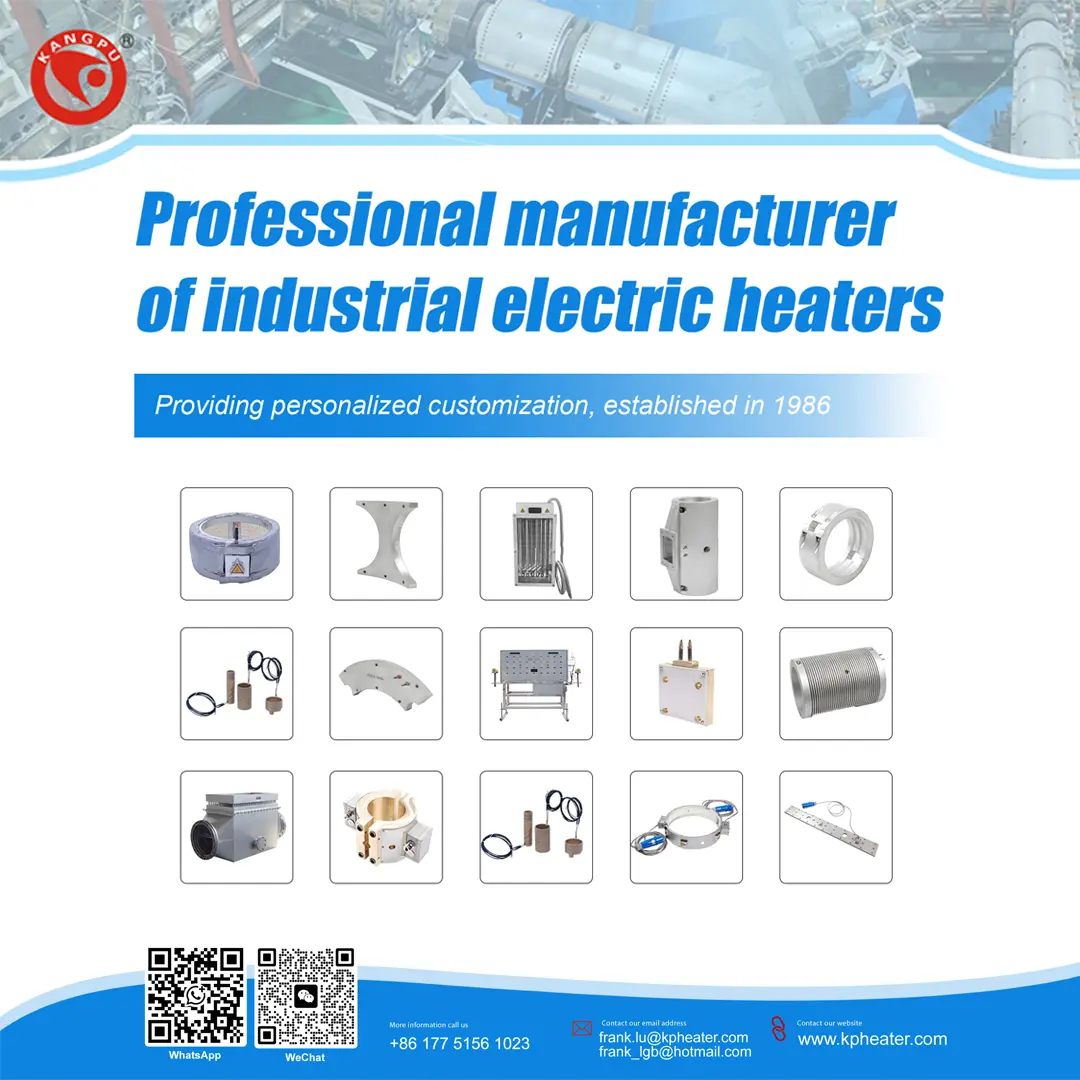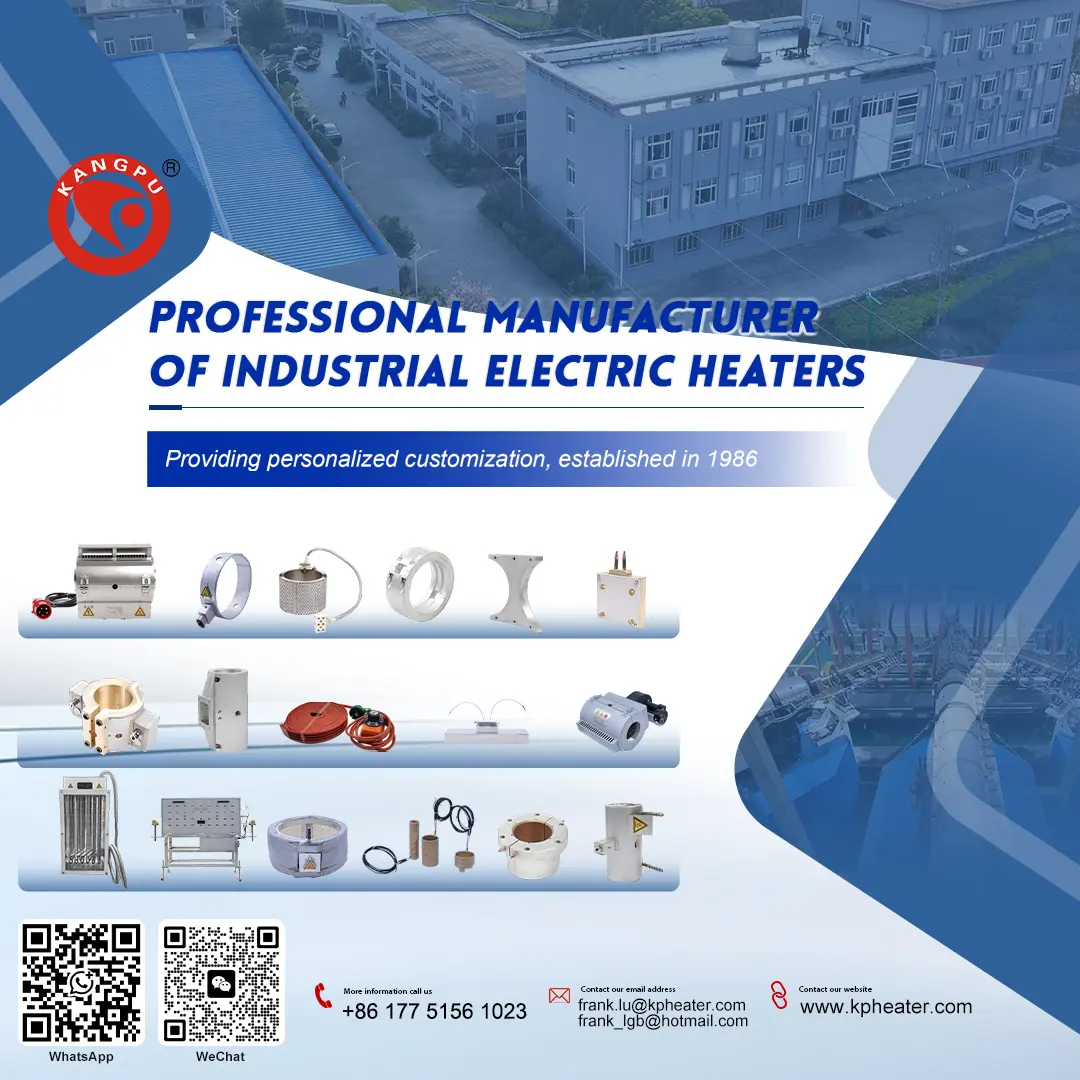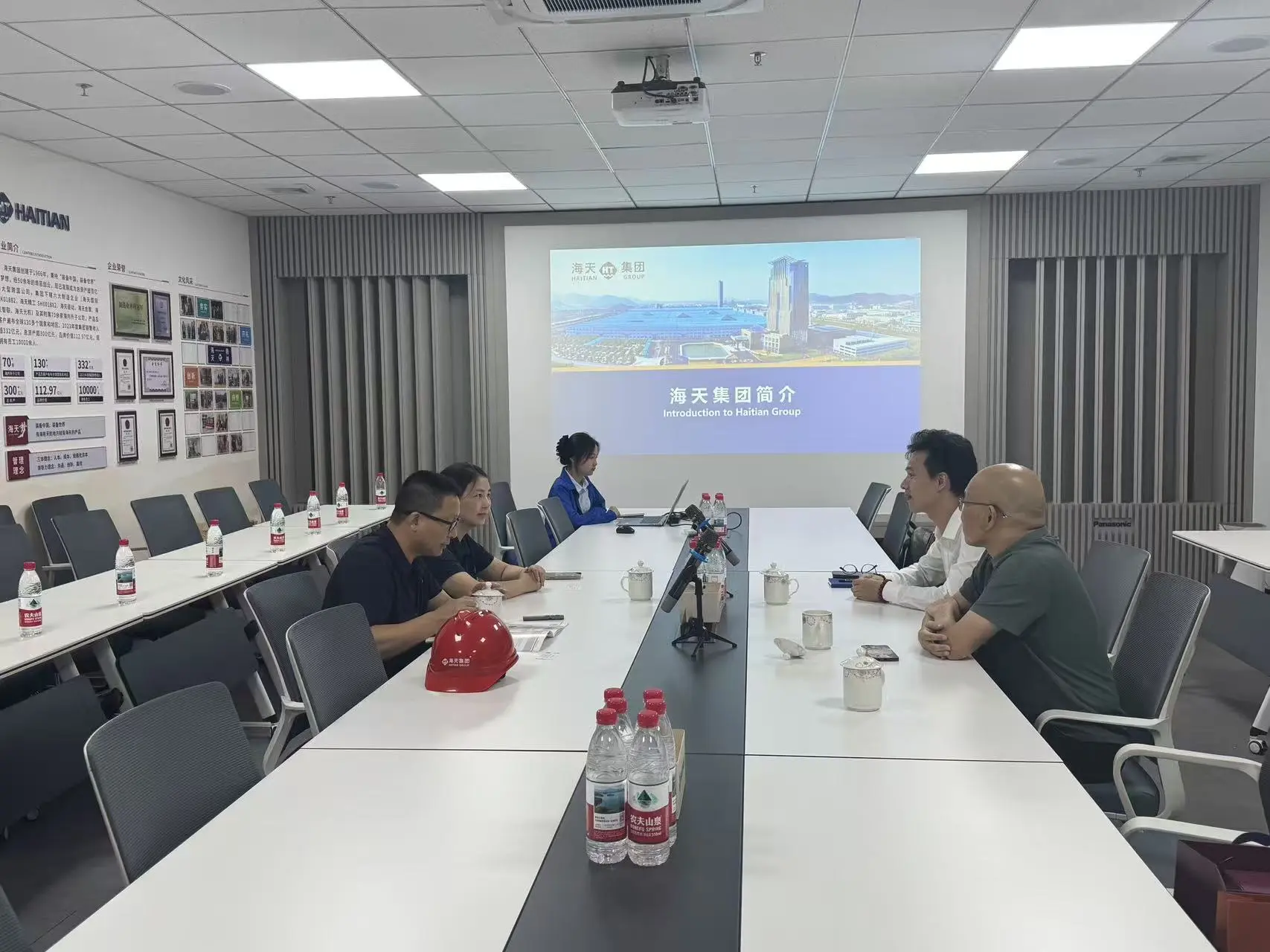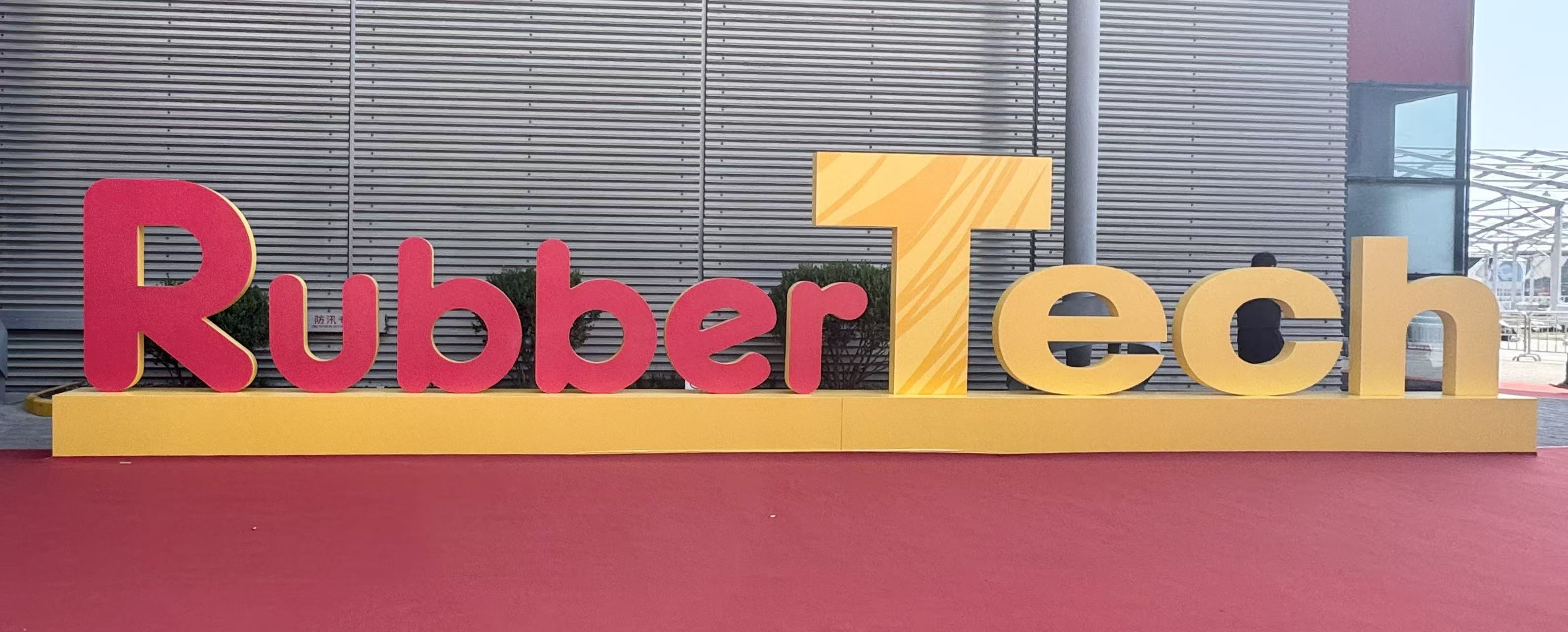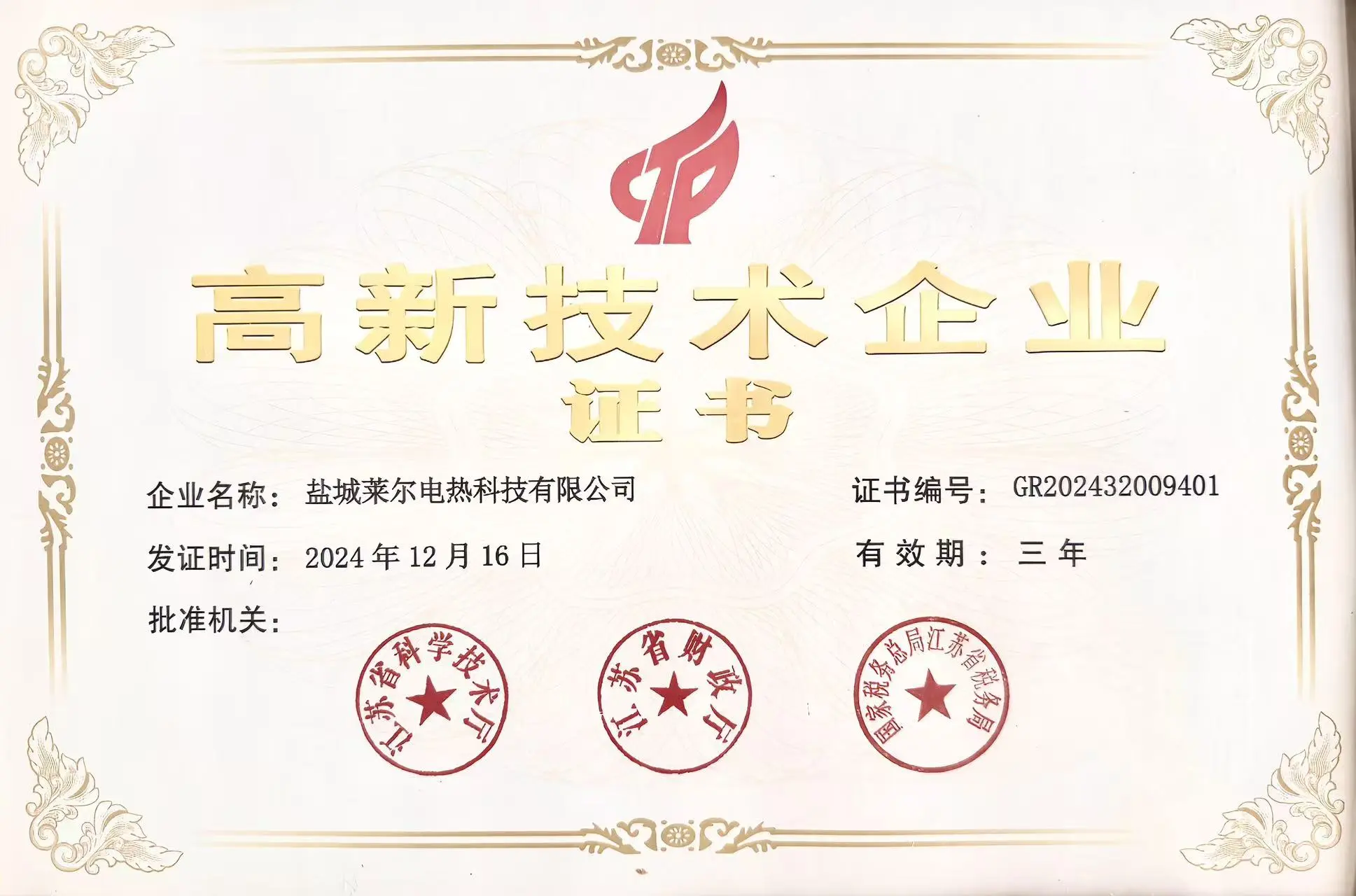Industrial electric heaters: The “Invisible Engine” of Industrial production
An industrial electric heater is essentially a device that converts electrical energy into thermal energy. Its working principle is based on Joule's law, which states that when current passes through a conductor, electrical energy is converted into thermal energy. Common Industrial Electric Heaters are mainly composed of electric heating elements, insulation materials, casings and control systems, etc. Electric heating elements are the core components, mostly using resistance wires, electric heating tubes, etc. When current passes through, they will heat up rapidly and then transfer the heat to the medium that needs to be heated, such as liquid, gas or solid.
In terms of types, industrial electric heaters are rich and diverse. Immersion Heaters can be directly immersed in liquids to rapidly increase the liquid temperature. They are often used for liquid heating and heat preservation in the chemical and food processing industries. The tubular heater has a tubular structure and can be installed inside pipelines or equipment to heat the fluid in the pipeline. During the transportation of oil and natural gas, it is used to prevent the medium from solidifying and reduce viscosity. The circulating heater continuously circulates the heated medium through a circulating pump to achieve uniform heating. It is widely used in scenarios that require large-scale and continuous heating, such as maintaining the temperature of large-scale chemical reaction vessels.
In industrial production, industrial electric heaters play an irreplaceable role. In the field of chemical engineering, many chemical reactions need to be carried out at specific temperatures. Electric heaters can precisely provide and maintain the temperature required for the reactions, ensuring the smooth progress of the chemical reactions and the stability of product quality. For instance, in the plastic production process, during the heating and plasticizing stage of raw materials, the precise temperature control of electric heaters is of vital importance, directly affecting the performance and appearance of plastic products. In the pharmaceutical industry, the requirements for the environment and temperature in drug production are extremely strict. Electric heaters not only provide a stable heat source for the drug production process, but also meet the high requirements of the pharmaceutical industry for the production environment due to their clean and pollution-free characteristics, ensuring the quality and safety of drugs. In the food processing industry, whether it is baking, steaming or sterilization, the stable temperature provided by electric heaters is indispensable. For instance, when baking bread, precise temperature control can give the bread a perfect taste and color.
In recent years, with the continuous advancement of technology and the increasingly strict environmental protection requirements, industrial electric heaters have also been constantly innovating and developing. On the one hand, intelligence has become an important trend. By integrating with advanced sensors and control systems, industrial electric heaters can achieve functions such as automated operation, precise temperature control, and remote monitoring. Operators can remotely adjust the temperature, power and other parameters of the heater in real time according to production needs, which greatly improves production efficiency and management convenience. It can also automatically optimize the heating strategy based on actual working conditions, effectively reducing energy consumption. On the other hand, significant progress has been made in the research and application of energy-saving technologies. New heating materials and structural designs are constantly emerging, which has greatly improved the energy utilization rate of electric heaters. Some highly efficient and energy-saving industrial electric heaters adopt special heat insulation materials to reduce heat loss. Optimize the design of electric heating elements to enhance the efficiency of converting electrical energy into thermal energy, helping enterprises reduce production costs and achieve sustainable development.

